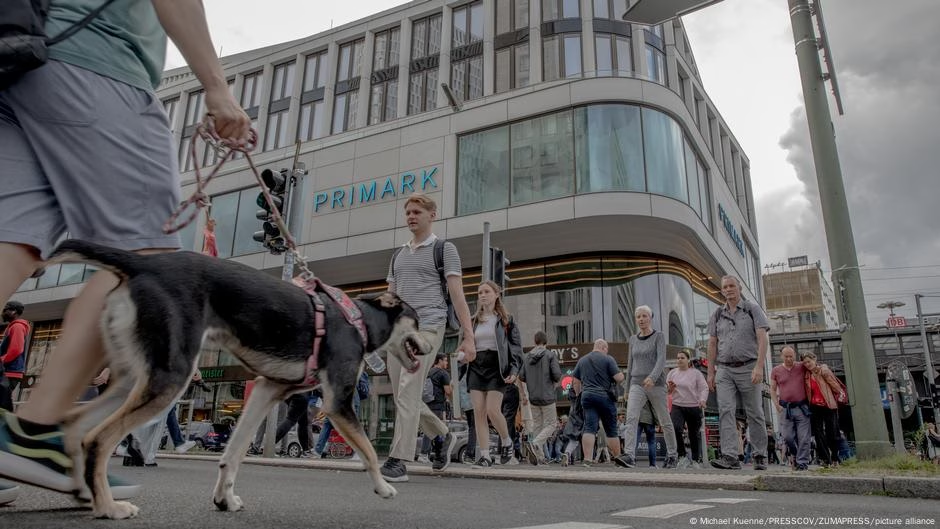According to data from the Federal Labor Office, the number of unemployed individuals saw a seasonally adjusted rise of 26,000, totaling 2.92 million, which far exceeded analysts’ predictions of a 10,000 increase.
The seasonally adjusted unemployment rate rose to 6.3%, up from 6.2% the previous month, slightly surpassing market expectations.
Spring labor market recovery hindered by economic hardships
“March is traditionally when the labor market sees a so-called spring recovery. However, this year, the economic downturn is notably slowing this trend,” stated Andrea Nahles, director of the Federal Employment Agency.
Germany, experiencing consecutive years of economic decline, continues to grapple with persistent challenges, particularly in the industrial sector.
The Federal Labor Office reported a sharp decline in job openings to 643,000 in March—64,000 less than the same period last year—signaling a reduced demand for workers
Unemployment has stayed below the 3-million mark for the past decade, but current trends suggest this could change soon.
Automotive industry under pressure from U.S. tariffs
Germany’s economic difficulties are evident in its automotive sector, with companies like Volkswagen cutting jobs in response to decreased demand.
The introduction of a 25% tariff on imported vehicles by U.S. President Donald Trump is expected to severely affect German manufacturers.
“Germany is directly impacted by this decision,” stated Gaurav Ganguly, director of economic research at Moody’s Analytics, emphasizing the potential consequences for consumer confidence and employment in the auto sector.
Consumer confidence remains stable amidst political uncertainty
A survey released on Friday indicated that German consumer confidence showed minimal change heading into April. Despite slight improvements in income and purchasing sentiment, a growing tendency to save is hindering broader recovery.
“Swift government formation and the early adoption of this year’s budget would provide essential planning security for both companies and private households,” commented Rolf Buerkl of NIM.
Ongoing government formation as the economy seeks direction
Negotiations are currently underway for a coalition government, led by Friedrich Merz’s conservative bloc and the Social Democrats, with both sides aiming for a government formation by or shortly after Easter.
Last week, Germany’s parliament approved a major fiscal overhaul and the largest spending package in the country’s postwar history, aimed at revitalizing the economy and bolstering defense spending. However, economists caution that any recovery will not be immediate.
This content was edited by Sean Sinico.








